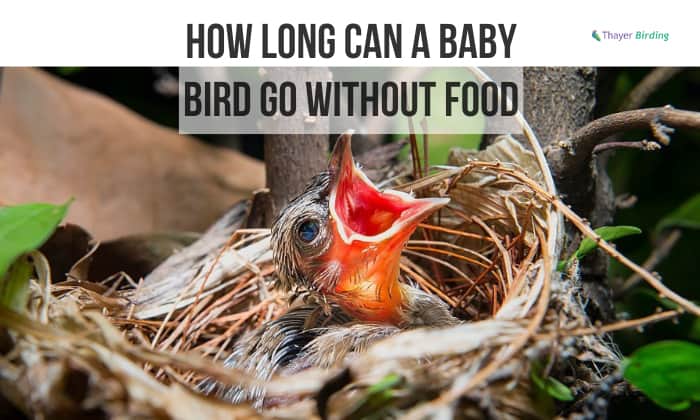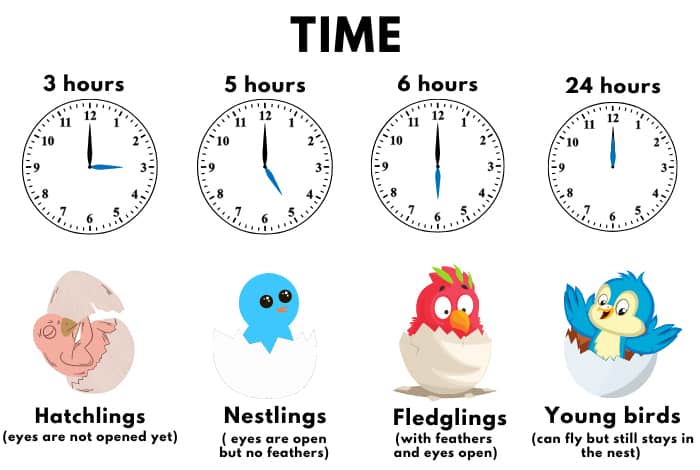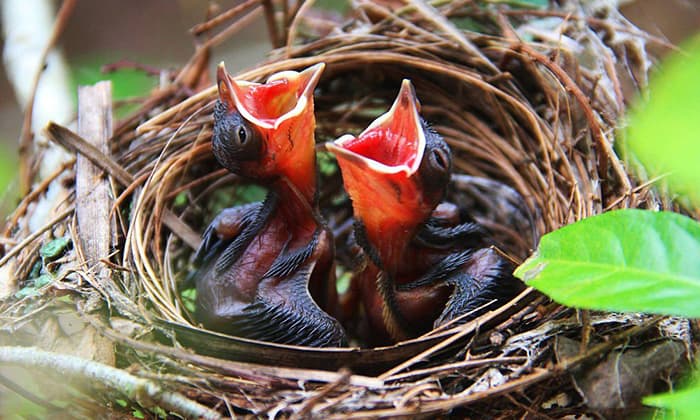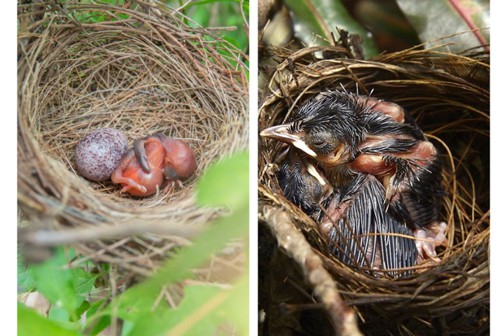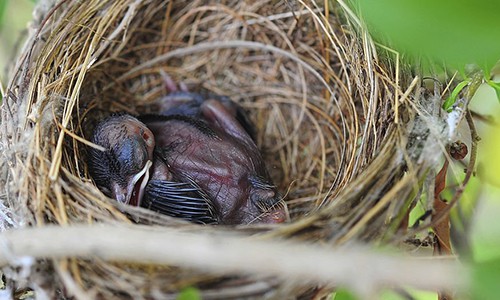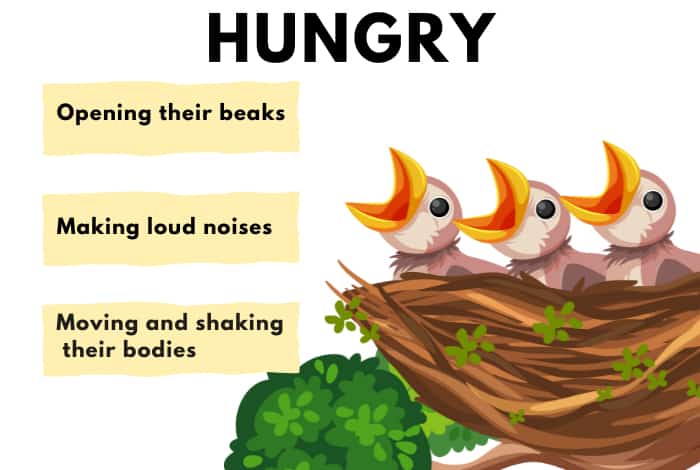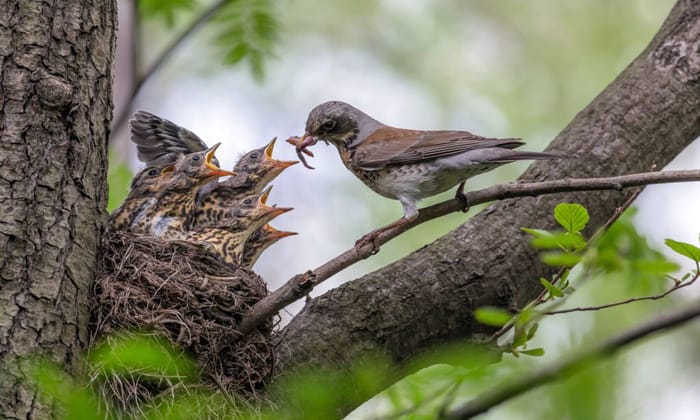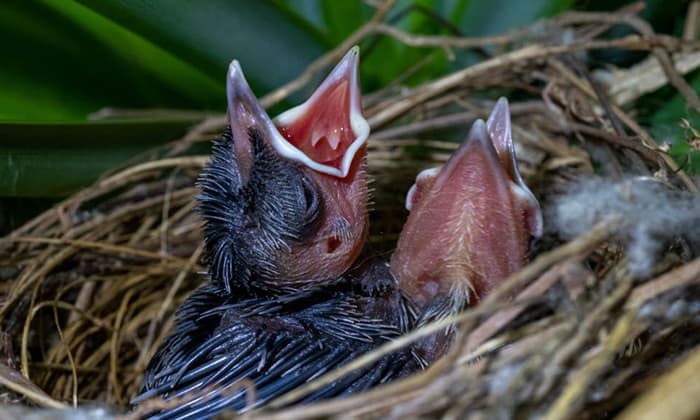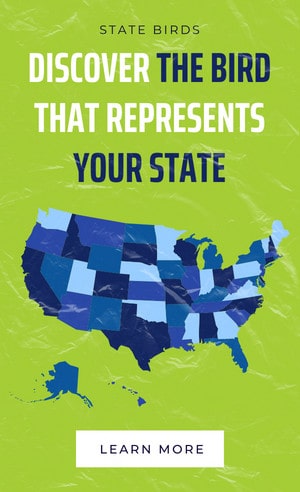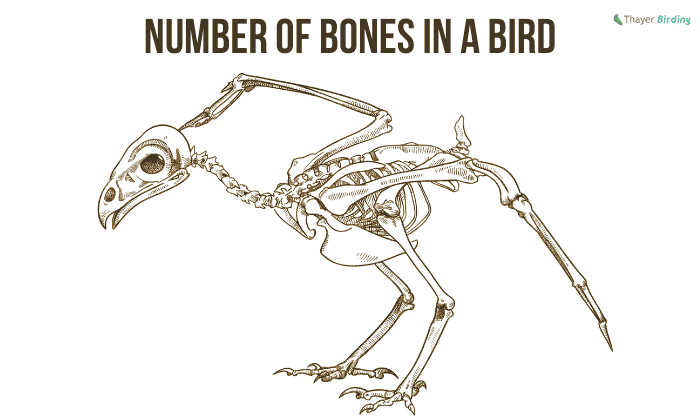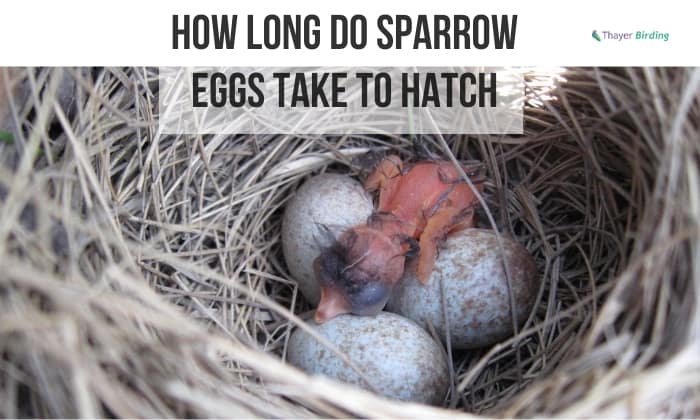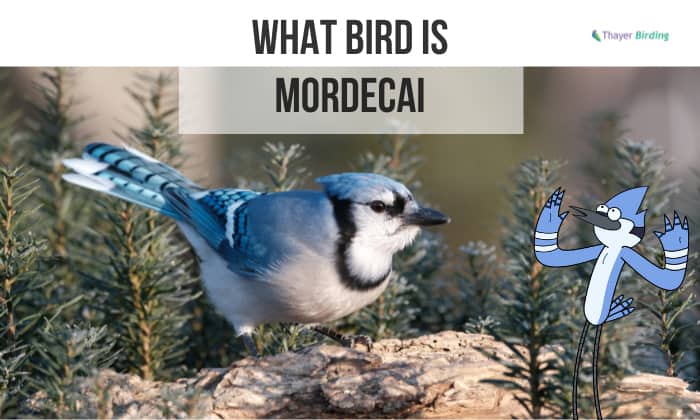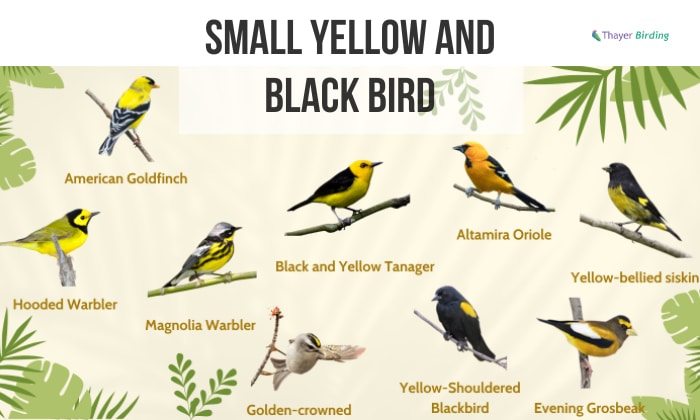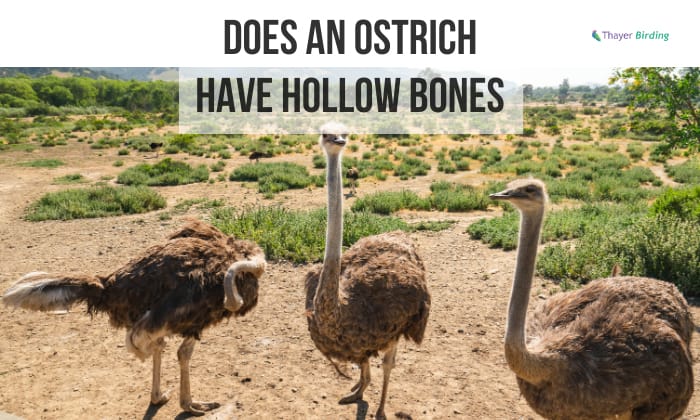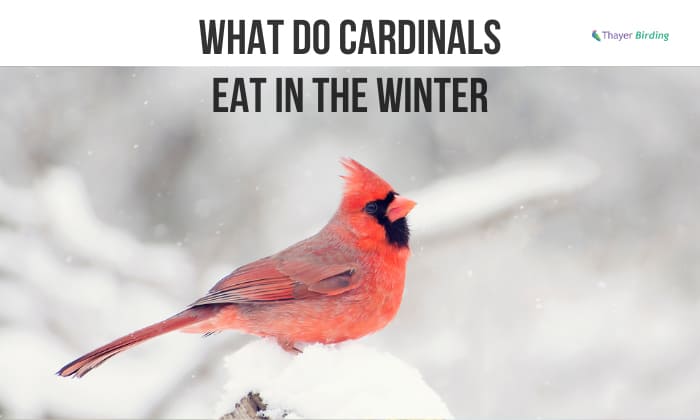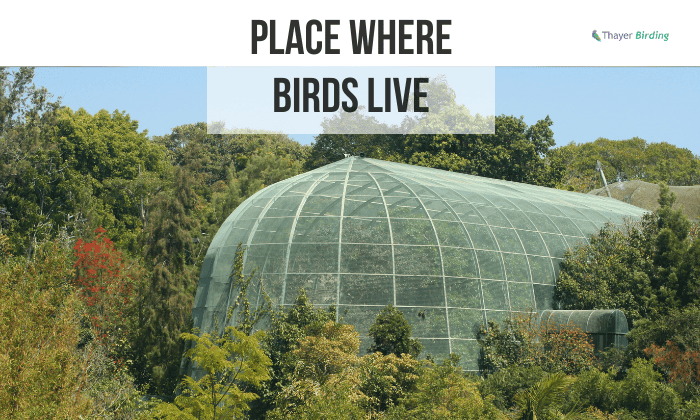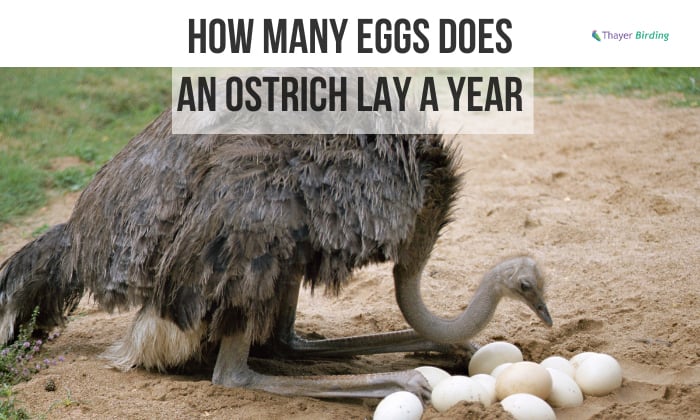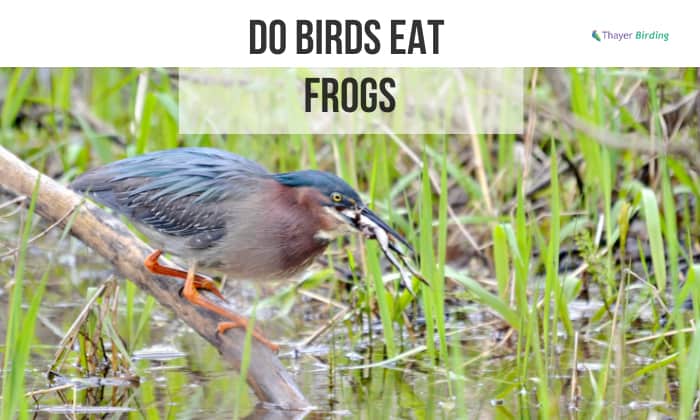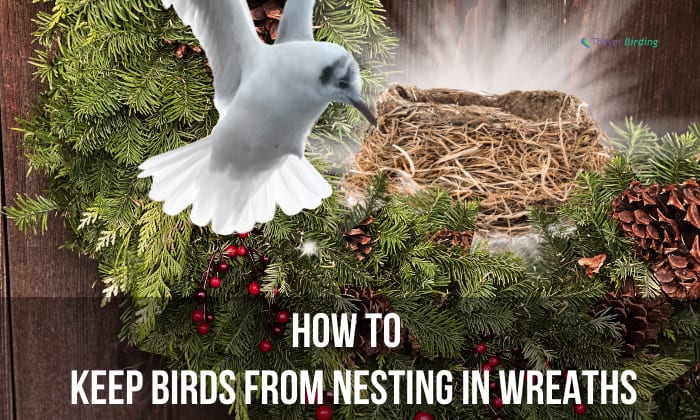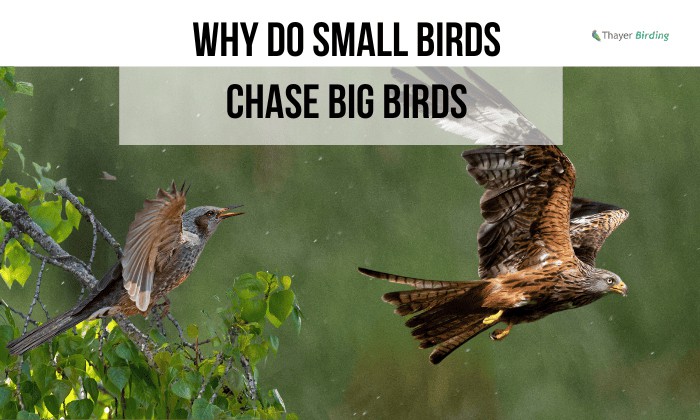Have you encountered a bird in an abandoned in a nest with no mom? How long has it been since you heard the bird chirping looking for food and their mother is nowhere in sight? But most importantly, how long can a baby bird go without food? The answer is several hours to a full day.
Several factors affect the survival of abandoned baby birds if they are not given food. In this article, we will talk about this and how to spot a hungry baby bird and properly care for them. Read on.
Table of Contents
- How Long Can a Baby Bird Go Without Food
- What’s the Longest Time a Baby Bird Can Go Without Food or Water
- What Happens if a Baby Bird Doesn’t Receive Enough Food and Water?
- Factors That Affect the Survival of Baby Birds With No Food or Water
- Signs of a Hungry Baby Bird
- How to Care for Starving Baby Birds
- A Guide to Rescueing Baby Birds
- Safe Feeding Tips for Baby Birds
- Frequently Asked Questions
- Conclusion
How Long Can a Baby Bird Go Without Food
Baby birds are fed for 3 to 4 hours for newly hatched, while nestlings and fledglings are 5 and 6 hours respectively. Parents care for their young, foraging and giving them food as often as needed.
If a baby sparrow is left without their parents to provide them with food, they can never survive for more than 24 hours. However, this period can be shorter or longer depending on several things.
What’s the Longest Time a Baby Bird Can Go Without Food or Water
How long can a baby pigeon survive without eating depends on how young they are.
Here’s a rough estimation:
- Hatchlings (eyes are not opened yet) – 3 hours
- Nestlings (eyes are open but no feathers) – 5 hours
- Fledglings (with feathers and eyes open) – 6 hours
- Young birds (can fly but still stays in the nest) – 24 hours
This general rule is based on how often the baby bird is fed by their parents. The younger they are, the more often they will need to be fed.
What Happens if a Baby Bird Doesn’t Receive Enough Food and Water?
While baby birds can go for hours without food or water, there are some serious implications to extended starvation. A starved young bird can suffer from health problems and developmental issues, stunted growth, and in the worst case, death.
Baby birds that survive on limited food and water may not receive the necessary nutrients and hydration needed for their growth. They may become weak, malnourished, and dehydrated without adequate food and water.
Additionally, baby birds not receiving enough food and water may be unable to maintain their body temperature, resulting in hypothermia or other health issues. A lack of water may also lead to an imbalance of electrolytes, which can cause dehydration and other health problems.
Factors That Affect the Survival of Baby Birds With No Food or Water
There are various factors that can influence the survival of baby birds when they have no access to food or water. Key contributors are:
1. Species and Development Stage
Different species have different metabolic rates and nutritional requirements. Some species may have adapted to survive longer without food or water compared to others.
Additionally, the developmental stage of the baby bird is important. Newly hatched altricial birds have higher nutritional demands than precocial birds, which are more independent at birth.
A baby bird that is only a few hours or days old requires frequent feedings, meaning it can only last 3 hours without food. The chances of survival without food increase as the baby bird ages.
2. Age and Energy Reserves
Younger offsprings have less energy reserve, meaning they cannot endure prolonged periods of starvation. Older baby birds may have slightly more energy reserves, but their survival still depends on obtaining regular nourishment.
The quality of the food can also affect baby birds’ energy reserve, which in turn, affects their ability to combat starvation. Studies found that insects rich in high-quality fats can provide baby birds with increased metabolic rates and immune response which means better growth body condition. A quality diet provides baby birds with a better chance of surviving longer without food.
3. Environmental Conditions
Environmental factors such as temperature, humidity, and climate play a significant role. Extreme weather conditions can accelerate dehydration or metabolic processes, making survival without food or water shorter.
The ideal baby bird’s temperature and humidity are also crucial. High humidity levels can increase the risk of bacterial and fungal growth, which have negative impacts on a baby bird’s health.
4. Previous Nutritional Status
If a bird was already malnourished or weakened, it would have a lower chance of survival during a prolonged period without food or water.
5. Health and Immune System
Healthy birds with strong immunity may have a better chance of enduring malnourishment. On the contrary, compromised health can exacerbate the negative effects of starvation or dehydration.
Signs of a Hungry Baby Bird
If you see pictures of a wild baby bird, you can barely tell if they are hungry. The signs are often subtle and you need to be keen and observant.
Just like human babies, baby birds make a fuss and make a lot of screeching sounds when they are hungry. This can include:
- Opening their beaks
- Making loud noises
- Moving and shaking their bodies
They can start off as nibbling on things, shredding nesting materials, and trying to attract the attention of their parents. The more hungry they are, the more aggressive and demanding the baby bird’s behavior is. You only have a few minutes to give them food and help a baby bird survive.
How to Care for Starving Baby Birds
Baby birds without a parent to feed them can pull at the heartstrings of anyone who finds them.
But emotions alone will not aid you in rescuing and caring for them. You’ll need the right knowledge on how to handle the baby bird, otherwise, you risk worsening the situation.
Never rush to rescue any bird you see alone in their nests. It is better to observe them first from a distance for around two hours and make sure that their parents are not coming back to feed them.
Once you have confirmed that you found abandoned baby birds, contact the nearest licensed rehabilitator in your area.
A Guide to Rescueing Baby Birds
Remember that native bird species in the United States should not be taken into custody because The Migratory Bird Treaty Act forbids it. But this does not mean there is nothing you can do for the deserted baby birds.
As long as you heed certain rescue guidelines, you can help to rehabilitate a baby bird without risking getting penalized. Here are more things to keep in mind when rescuing a starved baby bird:
- A weak, injured, or dehydrated bird should not be fed. This might cause its digestive system to stop operating.
- Any liquid is a no-no for baby birds. They can easily choke and die from ingesting water.
- Practice caution if you are dealing with birds of prey even if they are babies.
- A featherless baby bird, hatchlings, and nestlings that fell out of the nest should be returned. It is a myth that parent birds will leave their babies behind if they touch them.
- Never give baby birds a bath.
Safe Feeding Tips for Baby Birds
Proper feeding methods are important when you care for a nestling. It would be best to let a professional handle the feeding and caring but if you are in a situation where you have to do it yourself, here are some useful tips:
- Wait for the baby bird to open its mouth. That is a basic sign you should know that means they are hungry. Don’t force-feed.
- Pick suitable foods. Chopped mealworms or moist dog food are ideal.
- If you are using a formula, make sure the temperature is 40.55 °C and 43.33 °C.
- Support the head when delivering the food through a spoon or syringe.
- Feed small amounts of food at a time. Give the birds enough time to move the food from their mouth to the crop.
- Check the crop while feeding to see if the baby bird had enough food. It should be easy to tell when it’s full since it’s enlarged.
We have a handy guide on how to tell when a bird is hungry. That will give you an idea of how often you should feed them.
Frequently Asked Questions
Can baby birds drink water instead of food?
No. A newborn bird should not be fed with water directly. For fledglings, you can provide a bowl of water and let them drink on their own. But always remember that giving them water by force is not a good idea.
The water a little bird needs can be in the food they eat. Thus, it is better to feed them food instead of water.
Can baby birds survive without their mother?
A baby lovebird can survive without its mother if it is already a few weeks old or a fledgling. This means they already have feathers to keep them warm and won’t need their mother to brood them.
Besides, if the mother bird is not around, the father bird can still forage and provide enough food. The only task they won’t fulfill is keeping the young ones warm.
What do baby birds eat and drink?
Whatever their parents eat is what a baby blue jay eats, too. This is because the parent bird will swallow and partly digest the food, making it soft enough for their younglings, then regurgitate them straight to the baby bird’s mouth.
Some of the food birds eat include:
- Earthworms
- Seeds
- Insects and others, depending on the bird species and their diet.
However, if the mother bird abandons babies and cannot feed them, a mixture of 1 part cornmeal and 2 parts water can serve as a meal p[acked with all the nutrients the bird needs to survive.
What to do when a baby bird won’t eat?
Hand-feeding is the best way to make sure a bird doesn’t go hungry, especially when they are not capable of feeding themselves or won’t eat. You can feed a baby bird with a syringe since it is an easy way to get the food to its mouth with fewer spills.
How many days can a baby starling go without food?
Considering a standard normal temperature of 23°C to 30°C and not including other factors in the picture, a starling can go for up to 2 days without food. If the temperature is colder, the birds can only last for 24 hours max.
Do baby robins need water?
A robin fledgling doesn’t need water. Just like other baby birds, the food they eat gives them enough hydration to ditch drinking water.
Besides, it is not advised to force feed a baby bird with water as it can aspirate them. A drop of water at the tip of the bird’s beak is an alternative if water is necessary.
Conclusion
How long can a baby bird go without food? Not very long. We shared some helpful tips to save a baby bird from dying. Learning about telltale signs of a hungry bird and knowing the things that can affect how long they can last without food are all important information we covered in this post.
Did this article answer your questions? Did we miss some important tips? Share what you have to say about this topic. It is always a delight to read your thoughts!

George and I became friends after a birdwatching trip with our new group. And we have been enjoying every adventure together. When he told me the idea of establishing a site that shares our experiences and fun, I immediately agreed. After trials and errors, here we have Thayerbirding.


